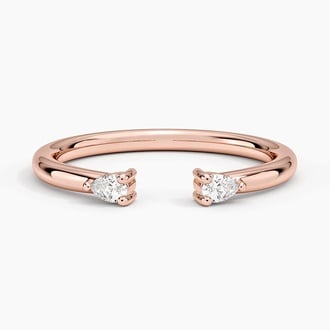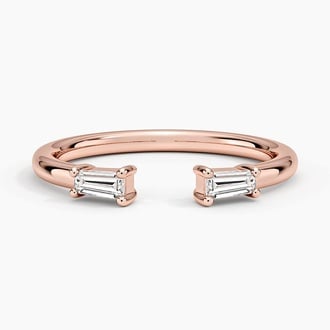-
ENGAGEMENT RINGS
- Start with a Setting
- Start with a Diamond
- Start with a Lab Grown Diamond
- Start with a Gemstone
- Start with a Bridal Set
SHOP BY SHAPEFEATUREDTHE BRILLIANT EARTH DIFFERENCE
-
WEDDING RINGS
- Women's Wedding Rings
- Diamond Rings
- Design Your Own Ring Stack
- Find My Matching Wedding Ring
- Eternity Rings
- Anniversary Rings
- Curved Rings
- Wedding Ring Sets
- Men's Wedding Bands
- Classic Bands
- Men's Engagement Rings
- Customize Your Own Ring
- Diamond Bands
- Matte Bands
- Hammered Bands
- Men's Jewelry
WOMEN'S BY METALMEN'S BY METAL -
DIAMONDS
- Search Lab Diamonds
- Lab Colored Diamonds
- Carbon Capture Lab Diamonds
- 100% Renewable Energy Lab Diamonds
- Sustainably Rated Lab Diamonds
- Custom Cut Lab Grown Diamonds
FEATURED- Design Your Own Diamond Ring
- Design Your Own Lab Diamond Ring
- Design Your Own Diamond Earrings
- Design Your Own Diamond Necklace
DIAMOND JEWELRYTHE BRILLIANT EARTH DIFFERENCE -
GEMSTONES
- Start with a Gemstone
- Start with a Setting
- Sapphire
- Moissanite
- Emerald
- Aquamarine
- Alexandrite
- Colored Diamond
- Ruby
- Morganite
PRESET GEMSTONE RINGSFEATURED -
JEWELRY
- Earrings
- Necklaces
- Rings
- Bracelets
- Men's Jewelry
- Lab Diamond Jewelry
- Birthstone Jewelry
- Gemstone Jewelry
- Pearl Jewelry
- Diamond Jewelry
SHOP BY STYLEDESIGN YOUR OWNJEWELRY COLLECTIONS -
GIFTS
TOP GIFTS
- Gifts Under $250
- Gifts Under $500
- Best Selling Gifts
- Diamond Stud Earrings
- Tennis Bracelets
- Gemstone Rings
- Stacking Rings
- Gold Jewelry
- Jewelry Sets
- Hoop Earrings
- Bezel Jewelry
GIFTS BY RECIPIENTGIFTS BY OCCASIONGIFTS WITH MEANINGDESIGN YOUR OWNMORE GIFT IDEAS -
ABOUT
FEATURED GUIDES



























































